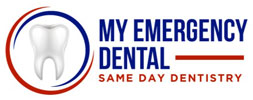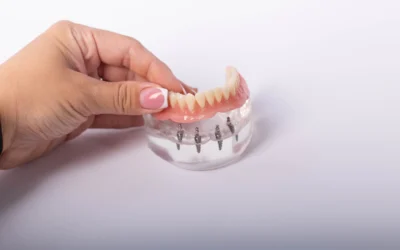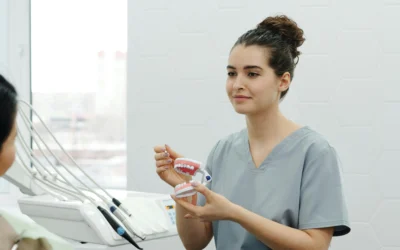Good oral hygiene is vital for more than just your smile; taking good care of your teeth and having them examined professionally can prevent many other ailments. However, accidents can happen that leave you dealing with severe pain in your mouth and jaw. When this happens, you must get emergency dental care right away or risk worsening your injury to the point of untreatability.
My Emergency Dental offers urgent dental care for many manners of treatment. We take clients in the greater Atlanta area the same day the injury occurs so that you’re coping with an emergency for as short a time as possible. However, it’s not always clear when dental problems constitute a dental emergency. A good rule of thumb is to go to your dentist even if you’re not sure; a professional opinion could save you a lot of pain and money in the future.
Toothaches
These are the most common dental issues seen in most dental offices. They are difficult for non-professionals to diagnose as something serious because there are several types, all with different causes. As a rule of thumb, if the pain you’re feeling is mild and you aren’t showing any infection symptoms, it’s generally okay to wait to make a dentist appointment.
However, if you’re experiencing constant, severe pain, the issue is likely more serious. Toothaches that last for more than a few days and aren’t affected by over-the-counter pain relievers should be looked at by a professional dentist. Additionally, you should make an appointment with a clinic if you’re experiencing any of the following symptoms:
- Swelling in the gums or jaw
- Difficulty breathing or swallowing
- Loosened teeth
These are often signs of a bacterial infection that can lead to serious (even life-threatening) health complications if left alone for too long. If you are running a fever, the issue is likely more severe and a trip to the hospital ER is recommended.
Sore or Swollen Gums
There are several potential causes for swollen or sore gums, but the most common one is getting food or other debris stuck between your teeth. When caught between your tooth and gum lining, debris blocks the crevicular fluid your gums secrete to combat infection, causing them to swell as a result. If you don’t drain them, your gums will continue to swell until they cause you severe pain.
Over time, if not dealt with, food debris will calcify and form lumps within your mouth that harbor bacteria. As a result, your oral health suffers, potentially leading to infection, dental decay, and gum disease.
An excellent way to determine if you need to see a dentist for your gums is to rinse your mouth with warm water to dislodge the food debris. If rinsing doesn’t work, then it’s recommended that you set up an appointment with your dentist immediately.
Damaged or Lost Tooth
Damaging or losing one of your teeth can occur while participating in a sport, falling, biting down on hard foods, or any other accidents. Breaking or chipping a tooth doesn’t always cause pain, but it can be severe if a large enough piece breaks off. Serious pain means that the soft tissue and nerve endings within the tooth are exposed and react negatively to any external sensation such as eating, drinking, or breathing.
In case you damage or lose a tooth, the first thing you should do is locate the knocked out tooth (or the pieces of one) and rinse your mouth with warm saltwater. Apply a cold compress to the side of your mouth to reduce swelling, and then hurry to an emergency dentist in Atlanta. Try and make an appointment with an after-hours dentist in your area to not have to wait for service.
The sooner you’re able to see a dental care professional, the better the chance you will save your tooth.
Cracked Tooth
A fractured tooth’s severity can be slightly more challenging to determine than a broken or lost tooth. The closer to the root a crack goes, the more pain it will cause. A minor fracture will only flare when eating something hot or cold but are otherwise hard to diagnose without several trips to your dentist.
There are three different types of cracked tooth:
Cuspal crack: a fracture that goes from the top of the tooth to the center’s bundle of nerves
Cracked tooth: varies in shape and severity—the pain it causes can be erratic but flares when exposed to hot or cold temperatures—complicated to treat and requires the intervention of a root canal specialist
Split tooth: a tooth that’s been sheared into two distinct halves, requiring extraction.
If you have a dental emergency, don’t waste time searching for a “dentist near me.” My Emergency Dental is a 24-hour dental practice in Atlanta that strives to provide the best dental care to all clients. For a professional oral examination and comprehensive dental procedures, call 470-523-8118 and schedule your appointment today!



